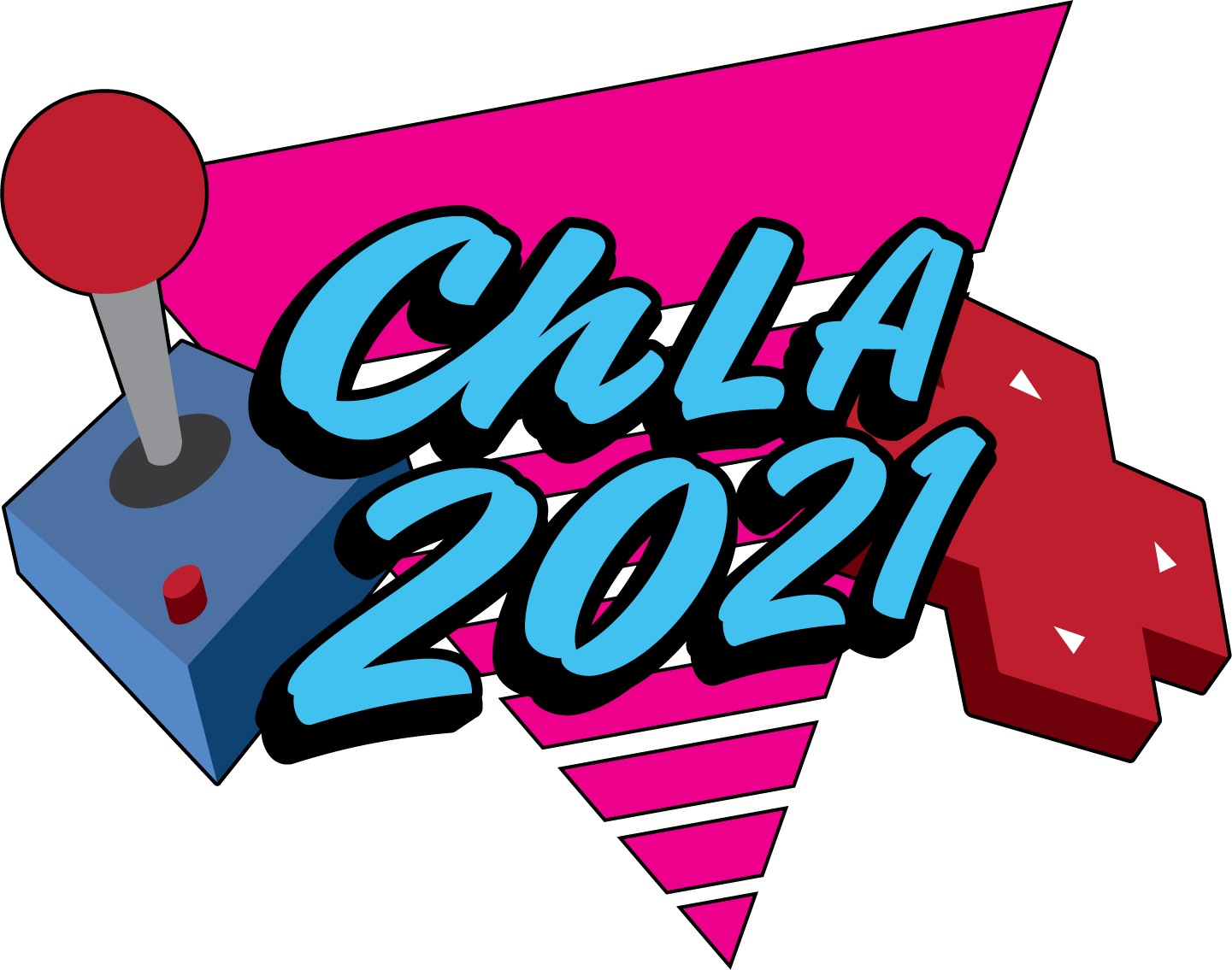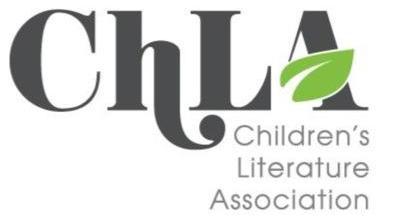
Hosted by Emory, Georiga Tech and SCAD | June 10-12, 2021
Atlanta, Georgia | Hyatt Regency Atlanta
Theme:
The Arcade
The arcade. Maybe it makes you think of neon flashing lights and cacophonies of strange sounds, or maybe your mind immediately jumps to visions of Pac-Man and Space Invaders. Maybe the word conjures nostalgia for childhood friendships and fun, as seen in Stranger Things. Perhaps your imagination wanders to the pachinko parlors of Tokyo. Or maybe you go to the traditional origins of the word, seeing the covered walkways of seventeenth-century French architecture or the contemporary covered markets of Santiago. Maybe the arcade, for you, remains linked to the theories of Walter Benjamin, prompting reflection on consumption and capitalism.
However you understand or conceptualize the arcade, its existence and definition hinges on it being a public space—its accessibility. Who, historically and in contemporary cultures, is let into the arcade, and who is denied admittance?
The arcade and children’s literature intersect through the fantastic possibilities they render. But, as Ebony Elizabeth Thomas asks in The Dark Fantastic, “are the cartographies of dreams truly universal? When we dream inside the storied worlds of printed and digital books, fanfiction, fanart, fan videos, television shows, movies, comics, graphic novels, online fandom communities, and fan ‘cons,’ do those worlds offer all kinds of people escape from the world as we know it?” (2, emphasis added). Indeed, the video-game arcade and gaming industry as a whole have long been considered a white-male space structured by the exclusionary conceits of capitalism. In this sense, can the arcade be an inclusive dream world, or is it a contested public space of protest—or maybe both?
For ChLA 2021, we will explore these questions of dream worlds as well as accessibility and inclusion through the lens of children’s literature and culture in the American city often called the “cradle of the Civil Rights Movement”—Atlanta.
We invite papers that explore the idea of the arcade, broadly understood, in children’s and young adult literature, media, and culture. Papers might address:
- Gendered, classed, sexualized, and racialized spaces in video games
- Depictions of arcades in children’s/YA literature, television, and film
- Benjamin’s flâneur and the urban space in children’s literature
- Ways that video games and other imagined worlds for children colonize, decolonize, and indigenize shared spaces
- Gaming centers and commercial amusement in international children’s literature
- Accessibility in disabling public spaces
- Shared imagined spaces and communities for young people
- Game theory approaches to children’s/YA literature
- Public or commercial spaces as community in pre-1900 children’s literature
- Intersections between fantasy and consumerism
- Atlanta as inclusive or exclusive space for youth of marginalized communities
- Social and imagined spaces designed by children
- Public spaces imagined especially for children: museums, zoos, libraries, schools, art museums, playgrounds, etc.
- Public arcades as educational spaces, examining history or culture through installation exhibitions
- Representing public versus private space in picture books
- #Own Voices inroads in video games and media for children
Building on the popularity of the syllabus exchange, we are welcoming proposals for pedagogy posters, which may be submitted in addition to or instead of paper proposals. Rather than a recreation of the syllabus exchange, pedagogy posters should focus on specific approaches to teaching children’s/YA literature or media. We envision the poster session as a chance to come away with concrete ideas for adaptation/adoption to your own classroom. They can feature particularly successful assignments and examples of student work, information on adapting children’s/YA lit classes to online instruction, or approaches to teaching and discussing particular texts. The poster session may also be an excellent opportunity to invite student participation in ChLA.
NOTE: If your paper was accepted for the 2020 conference that acceptance will roll over to 2022 UNLESS that same abstract is accepted for 2021—in which case, you will need a new submission for 2022.
Follow us on social media:
 
|



